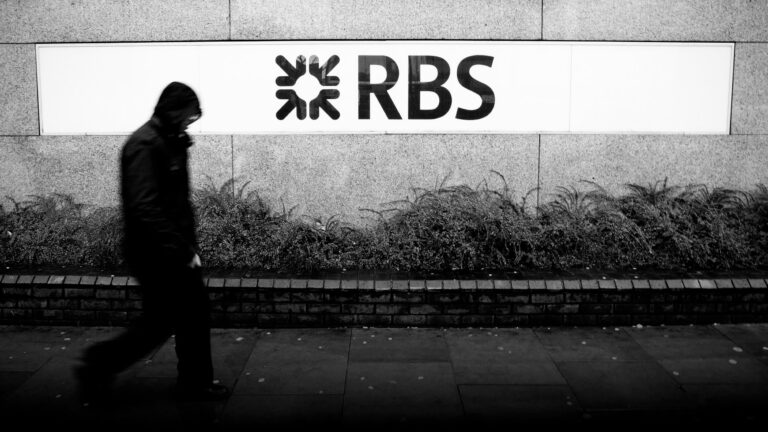The Evolution of NatWest: From Nationalisation to Reprivatisation
The Nationalisation Era
In 2008, during the global financial crisis, the UK government stepped in to nationalise NatWest, the UK’s largest bank. This drastic measure was pivotal in stabilising the banking sector and protecting taxpayers’ interests amidst widespread economic turmoil. The Treasury committed to a significant bailout, investing £45 billion into the institution, a decision that would have long-lasting implications for both the bank and the UK’s financial landscape.
Cost to Taxpayers
The fallout from the bailout was far-reaching, costing UK taxpayers approximately £10.5 billion. While the immediate aim was to restore confidence in the banking system, the long-term financial burden raised concerns among voters and lawmakers alike. The government’s attempt to manage the situation sparked debates about accountability and transparency in the banking sector.
Challenges and Controversies
As NatWest navigated the post-bailout waters, it faced a series of challenges, including legal scandals and reputational issues that unfolded like a ‘soap opera’. These scandals not only affected the bank’s leadership but also raised questions about its corporate governance and ethical practices, leading to a comprehensive review of operations and policies.
The Road to Reprivatisation
Over the years, the UK government gradually sold off its stake in NatWest, signaling a return to privatisation. This journey culminated in the recent sale of the remaining shares, 17 years after the initial bailout. The reprivatisation marked a significant milestone, showcasing the bank’s recovery and the effectiveness of measures taken to restore public confidence.
Financial Recovery
NatWest’s recovery has been characterised by strategic restructuring and improved financial performance. The bank has invested heavily in technology and customer service enhancements to adapt to a rapidly changing banking environment. These efforts have contributed to a turnaround, allowing NatWest to regain its footing as a leading financial institution in the UK.
Looking Ahead
As NatWest embarks on this new chapter post-reprivatisation, it faces both opportunities and challenges. The bank is focusing on sustainable growth and innovation while maintaining a commitment to corporate responsibility. Stakeholders are keenly observing how NatWest will balance profitability with ethical banking practices in an increasingly competitive market.
Conclusion
The journey of NatWest from nationalisation to reprivatisation encapsulates the complexities of modern banking. The past 16 years have been marked by challenges, recovery, and strategic decisions that reflect the bank’s resilience. As NatWest continues to evolve, its story serves as a crucial lesson for banks globally about the importance of governance and public trust in the financial system.
